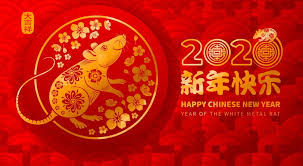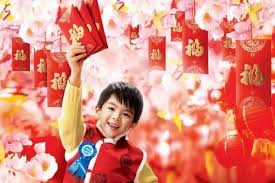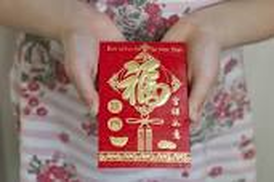People born in a year of the Rat supposedly are tough people considering the rat is not adorable, and it even makes its way into derogatory languages, it ranks first on the Chinese zodiac signs. It has characteristics of an animal with spirit, wit, alertness, delicacy, flexibility and vitality.
People born in the Year of the Rat are instinctive, acute and alert in nature which makes them to be brilliant businessmen. They can always react properly before the worst circumstances take place. They are also sophisticated and popular in social interaction. They are sanguine and very adaptable, being popular with others.
Don't eat porridge because it brings poverty;
Don't wash your hair because it washes away good luck;
Don't do needle work as it depletes wealth;
Don't say any unlucky words such as "death" as it may bring death;
Don't wash any clothes as it washes away good luck;
Don't sweep as it sweeps away wealth
The Lantern Festival is the last day (traditionally) of China's most important festival, Spring Festival (春节 Chūnjié /chwn-jyeah/ a.k.a. the Chinese New Year festival). After the Lantern Festival, Chinese New Year Taboos are no longer in effect, and all New Year decorations are taken down. The Lantern Festival is also the first full moon night in the Chinese calendar, marking the return of spring and symbolizing the reunion of family. However, most people cannot celebrate it with their families, because there is no public holiday for this festival.





